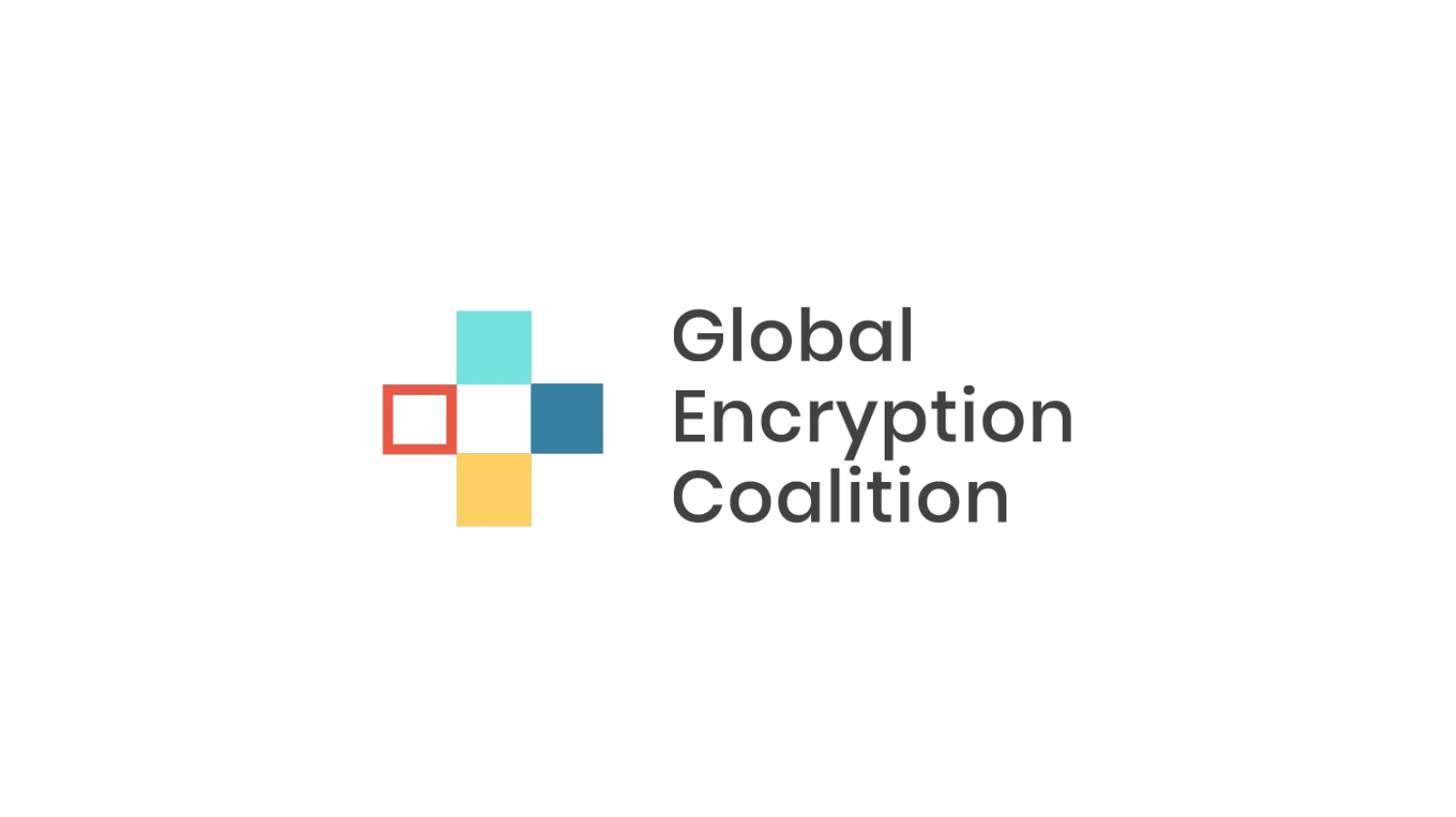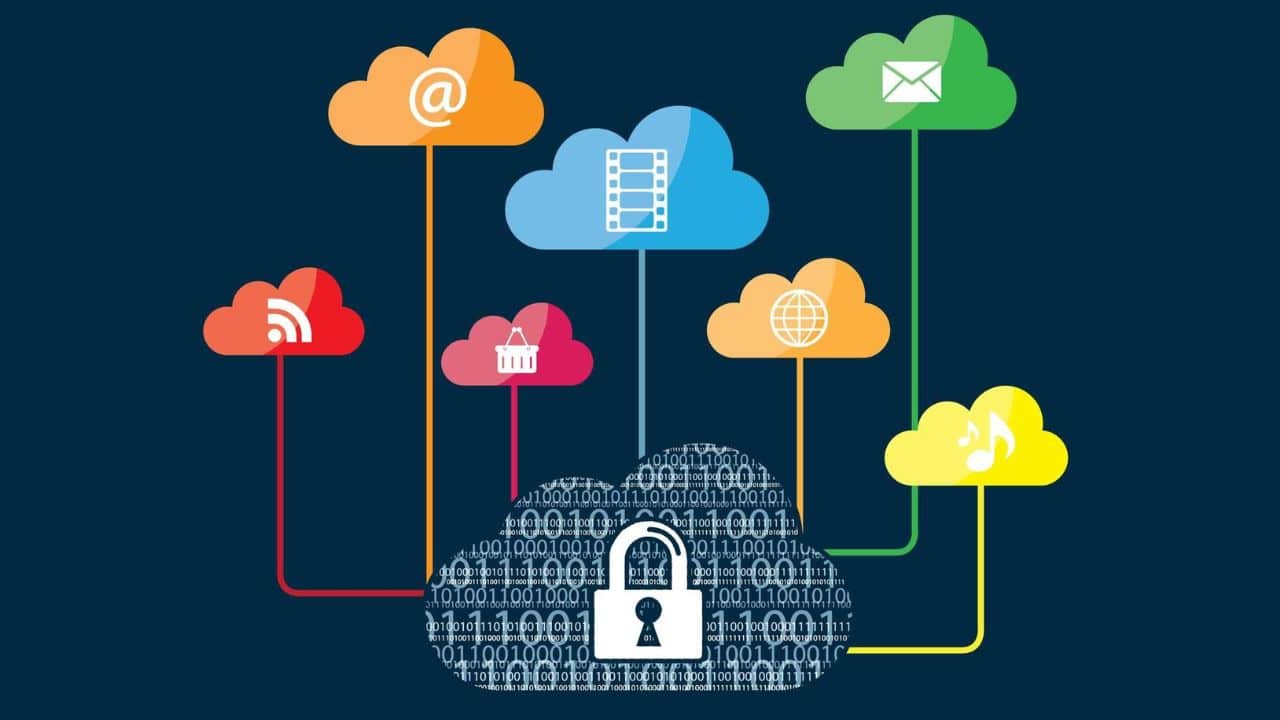




In today's digital age, the battle for digital security continues as individuals and organizations strive to protect personal data, secure cloud storage, and implement effective cloud security strategies. A study commissioned by Apple reveals that data breaches in the United States have increased by 20% in the first nine months of 2023 compared to the previous year [a29505ae]. This alarming rise in data breaches highlights the urgent need for enhanced security measures, including the adoption of end-to-end encryption to protect consumer data.
End-to-end encryption, implemented by Apple in its iCloud service, is a crucial tool in preventing unauthorized access to user data. However, there is an ongoing debate between technology experts and government officials regarding law enforcement's ability to access encrypted data. The study challenges the argument against encryption by emphasizing that technology companies themselves are often targeted by cyber-attacks [a29505ae]. This underscores the importance of robust encryption measures to safeguard sensitive information.
The European Court of Human Rights recently ruled in favor of Anton Podchasov, stating that end-to-end encryption is essential to privacy within digital systems [8190f2cc]. This ruling comes in response to Podchasov's dispute of the Russian Information Technologies and Protection of Information Act, which requires Telegram to disclose the data of its users. The court's decision further supports the argument for the importance of end-to-end encryption in protecting individuals' privacy [af97896e].
Craig Dellicarpini from Massachusetts has written an article exploring the role of encryption in securing data. The article explains how encryption works and why it’s essential for protecting digital assets in our interconnected world. Encryption is converting plain text into a coded message that can only be decoded with a secret key. It provides a robust defense against unauthorized access and data theft. Various types of encryption techniques are available, such as symmetric encryption, asymmetric encryption, and hashing. Encryption is crucial in protecting data privacy, confidentiality, and integrity across various domains. It ensures that only authorized individuals can access sensitive information, complies with regulatory requirements, enables secure communication channels, verifies data integrity, and protects against data breaches. Encryption has become a fundamental and indispensable pillar of cybersecurity, helping organizations protect sensitive information and preserve trust in the digital world [6207ce4b].
The study also reveals a concerning statistic: 98% of organizations have a relationship with a technology vendor that experienced a data breach in the past two years. This interconnectedness between organizations and their vendors creates opportunities for hackers to exploit vulnerabilities in third-party software or vendor systems [a29505ae]. It is crucial for organizations to prioritize the security of their digital infrastructure and ensure that their technology vendors have robust security measures in place.
While end-to-end encryption is essential for protecting consumer data in the face of increasing data breaches, the study acknowledges the need to strike a balance between privacy and security. It is important to find solutions that allow law enforcement to access encrypted data when necessary while maintaining the integrity of encryption measures [a29505ae]. This delicate balance ensures that individuals' privacy is respected while also enabling law enforcement agencies to investigate and prevent criminal activities.
The Global Encryption Coalition Steering Committee (GEC-SC) welcomes the recent ruling by the European Court of Human Rights (ECtHR) in the case of Podchasov v. Russia, which reaffirms that mandatory requirements imposed by governments to weaken end-to-end encryption violate the fundamental right to privacy [af97896e]. The ruling emphasizes the essential role of strong encryption in protecting digital security and privacy worldwide. The decision is particularly relevant to ongoing discussions on CSAM legislation in the EU and the Online Safety Act in the UK. The UK and EU member states are signatories to the European Convention on Human Rights (ECHR) under which the decision was made. The court stated that the obligation to decrypt end-to-end encrypted communications risks weakening encryption for all users and is not proportionate to the legitimate aims pursued. Encryption is crucial for secure communication, enabling freedom of expression and confidential business activities without surveillance or interference. The ruling highlights that encryption helps defend against information technology abuses and should be considered when assessing measures that may weaken encryption. The decision sends a clear message that policies compromising encryption security are incompatible with privacy and security principles in a democratic society, emphasizing the importance of upholding encryption as a tool for protecting human rights in the digital age [af97896e].
As the battle for digital security continues, it is clear that the protection of personal data, securing cloud storage, and implementing effective cloud security strategies are paramount. By staying informed about the latest security best practices, adopting robust encryption measures, and fostering collaboration between technology companies, government officials, and law enforcement agencies, we can collectively work towards a safer digital landscape [a29505ae].
This article discusses the importance of advanced encryption techniques for protecting sensitive data in the cloud. It covers topics such as end-to-end encryption, key management, zero-knowledge encryption, and protecting data at rest and in transit. The article emphasizes the need for businesses to prioritize encryption in their cloud sharing strategy to ensure the confidentiality, integrity, and availability of their data. The future of cloud security is also discussed, highlighting the importance of user-friendliness and accessibility of encryption technologies. Overall, the article provides insights into the role of encryption in maximizing cloud sharing security [a9da6cc8].